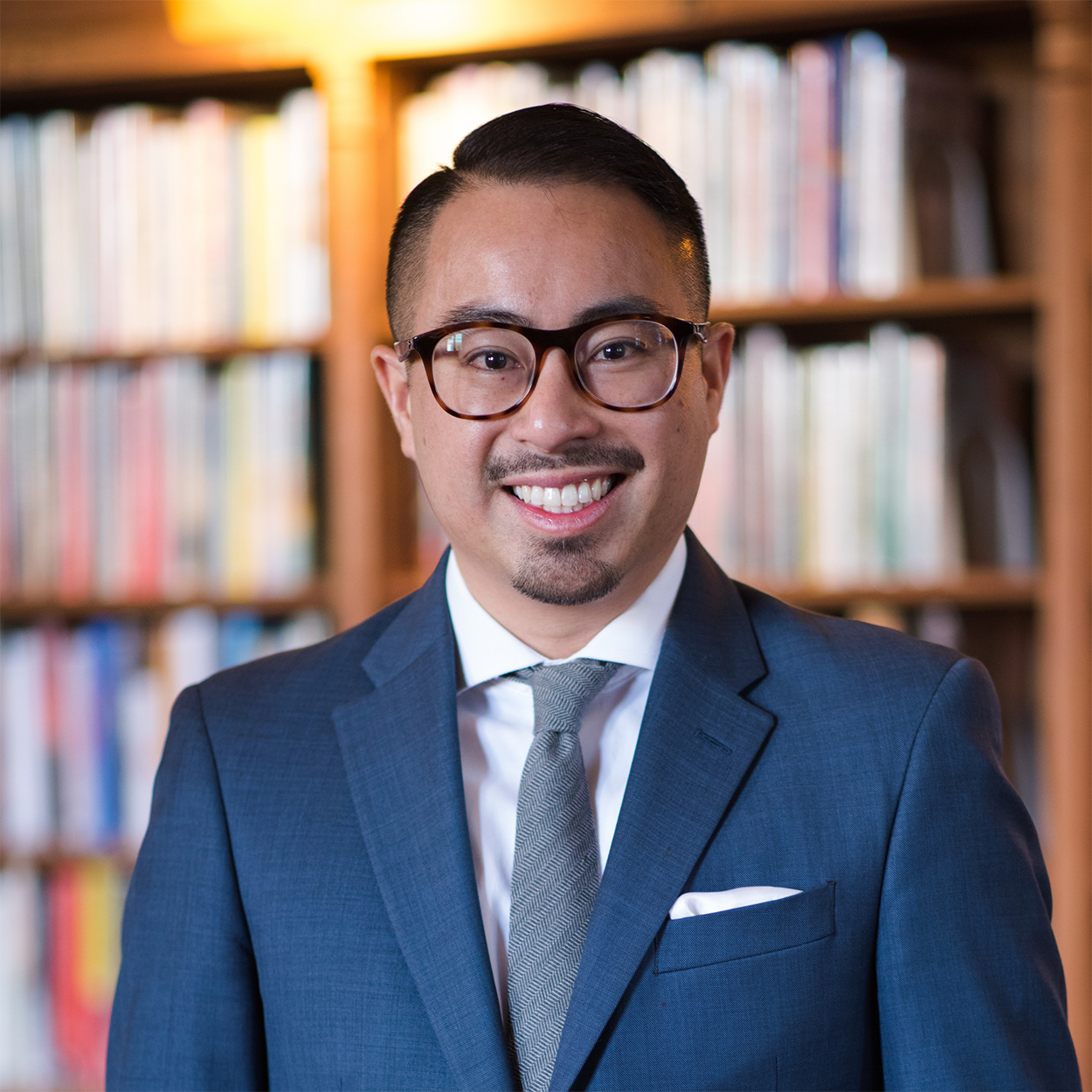Ph.D. in Education
We believe that transformative education begins with rigorous preparation and a commitment to equity. Our program is founded on the principle that every educator deserves access to high-quality, shared experiences that welcome them into a vibrant intellectual community. Through this foundation, we prepare scholar-practitioners who are equipped to conduct meaningful research and drive systemic change toward more equitable education systems.
Central to our mission is the intentional design of learning experiences that honor the complexity of educational challenges. We value multiple perspectives and recognize that the most pressing questions in education require diverse lenses to fully understand and address. By integrating historical, social, developmental, and ecological frameworks into our curriculum, we prepare educators who see themselves not only as practitioners but as researchers and advocates, capable of contributing to the broader field while creating more just and inclusive learning environments for all students.
Core Domains of Educational Inquiry
Purpose
Exploring what education is for and should be and what should be the purpose of educational systems and processes of teaching and learning.
Participation
Understand who shapes learning and how. Learn how people and communities participate in systems and processes of learning.
Knowledge
Investigate what we know and how we know it through assessment, evaluation, and methodology to determine if the purpose of educational systems is being served.
Place
Understanding how place, land, and water are integral to thriving systems by exploring how socioecological histories and futures of places shape teaching and learning.
Context
Understanding how interrelated environments, conditions, policies, and systems (macro, meso, micro) influence educational experiences.
Change
Determining how we foster change, development, and growth in educational contexts by developing methods for implementation.
Academic Information
The Ph.D. in Education is a rigorous, research-intensive program designed for scholars, practitioners, and leaders committed to advancing the field of education through original research, critical inquiry, and transformative practice. The program prepares graduates to make significant contributions to the development of educational theory, policy, and practice at the highest level.
The Ph.D. in Education program is structured to:
- Prepare graduates for academic, policy, and leadership roles in education and beyond.
- Cultivate advanced research skills for investigating complex educational issues.
- Develop a deep theoretical and methodological foundation across disciplines.
- Promote innovation in teaching, learning, equity, and leadership.
- Empower students to influence educational practice, policy, and scholarship.
The student and the faculty adviser determine a program of study for a Ph.D. student and must conform to division and department requirements. 18 courses (72 units) are required for the degree, as indicated below. At least 10 of the total courses must be in the 200 series.
- 3 Proseminar courses:
- Education and Society
- Learning and Development Across Contexts
- Designing for and Evaluating Education Transformation
- 5 Methodological Foundations Course covering:
- Reflection on Research Methods in Education
- Introductory Qualitative Research Courses
- Introductory Quantitative Research Courses
- Advanced Methods Courses
- Electives:
- Content courses in areas of interest (7 courses)
- Advanced methods (3 courses)
- Up to 3 electives can be taken outside of the department
Curriculum
Fall Quarter
- Fall Pro Seminar: Education and Society
- ED 243: Reflections on Research Methods in Education
- Elective in consultation with faculty advisor
Winter Quarter
- Winter Pro Seminar: Language and Development Across Contexts
- ED 222A: Introductory Qualitative Research Course
- ED 230A: Introductory Quantitative Research Course
- Elective in consultation with faculty advisor (optional)
Spring Quarter
- Spring Pro Seminar: Designing for and Evaluating Educational Transformation
- ED 222B: Qualitative Data Reduction and Analysis
- ED 230B: Linear Statistical Models in Social Science Research
- Elective in consultation with faculty advisor (optional)
- Doctoral Screening Exam for doctoral student who entered program without a prior master’s degree.
Year 1 – Complete minimum of 9 courses: 3 proseminars, 5 methods, 1-3 electives
Fall Quarter
- Begin 3 advanced methods courses and additional electives
- Select Written Qualifying Exam format (empirical/meta-analysis/systematic review)
Winter/Spring Quarters
- Complete advanced methods and additional electives
- Work on the Written Qualifying Exam
- Submit Written Qualifying Exam (Week 10)
Year 2 – Complete 9 additional courses: 3 advanced methods, 6 electives in alignment with research interests
Advancing to candidacy
Fall Quarter
- Present Written Qualifying Exam at Research & Inquiry Symposium (Week 0)
- Submit Dissertation Memo (goals, RQs, methods, reading list)
Winter Quarter
- Nominate dissertation committee members
- Create an undergraduate course syllabus
Spring Quarter
- Form dissertation committee (by end of quarter)
- Begin dissertation proposal writing
Dissertation Phase
Fall Quarter
- Completion dissertation proposal
- Share the proposal with committee members
- Schedule proposal defense
Winter/Spring Quarters
- Oral defense of dissertation proposal (closed)
- Begin dissertation research and data collection
- Continue seeking research funding
Dissertation Phase
Fall/Winter Quarters
- Completion of dissertation research and analysis
- Draft dissertation chapters
- Share drafts with advisor regularly
- Begin job search preparation
Spring Quarter
- Share the complete manuscript with the committee
- Schedule dissertation defense
- Execute job search
Community Building & Professional Development
- Engaged in 10 hours per week of research with faculty advisor each year until Advanced to Candidacy
- Collaboratives (e.g., Language, Learning and Literacy)
- Thursday Forums: a one-unit course each year of study in years 1-3
- Peer Mentoring
- Learning Cafes
- Social Gatherings
Individual
- Annual Research Symposium
- Conference Proposals & Attendance
- Fellowship Applications
- Research Partnerships
- Academic Organization Membership
Admissions Information
- Apply by December 1, 2025
- Selected applicants will be invited to participate in an interview.
- Receive admissions decision.
- Accept/decline admission.
- Provide necessary documentation to confirm admission.
View our step-by-step application guide.
Fall 2026 Education M.A./Ph.D. Online Information Sessions (All times Pacific)
Click on date/time to join Zoom session.
Contact Us
Office of Student Services
info@seis.ucla.edu
(310) 825-8326
OSS Hours of Operation
Monday—Friday 8am – 4pm
Closed Noon to 1 pm
Office: Moore Hall 1009 (Graduate Programs)








